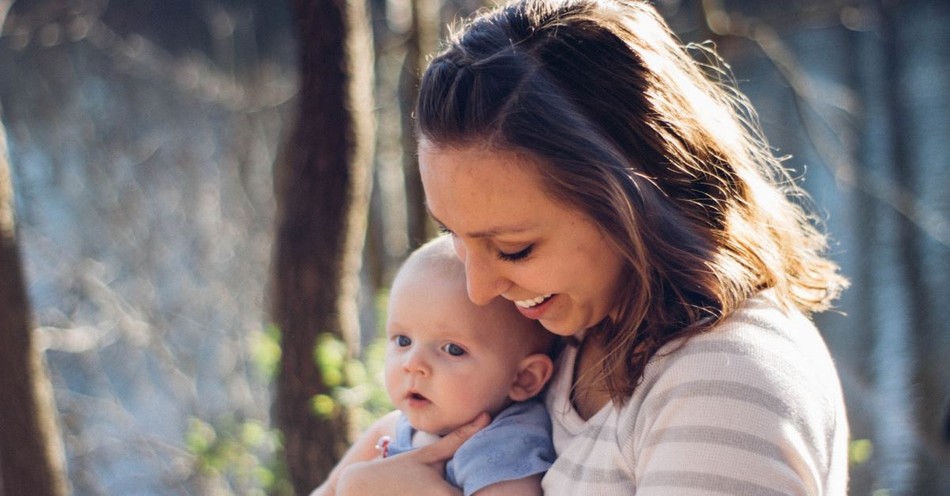It’s inevitable. Someone—maybe your kids, a co-worker, crazy Uncle Bob at Thanksgiving—is going to ask you a tough question about your faith or Christian convictions.
When Christians don’t know an answer to a tough question, they risk making one of two mistakes: Either staying silent or getting angry. The better approach, if you don’t know how to answer the question, is to say, “What a great question. I don’t know off the top of my head, but let me look into it and get back to you.”
And then, look into it and get back to them.
After all, you can find the answers. They are out there. And a new series of short videos aims to make them more available, accessible, and shareable than ever before. It’s called, “What Would You Say?” Each and every one of these videos answer a tough question in an understandable, trustworthy, and memorable way.
Today’s release: “Is Surrogacy Just Like Adoption?” In light of our commitment to personal freedoms, the legalization of commercial surrogacy in Seattle, the push of same-sex couples to have children, and the exploitation of women in developing nations, this has become a very important and difficult question.
Here’s Katy Faust with a “What Would You Say” response:
“Proponents of third-party reproduction, especially contract surrogacy, will often argue that it’s just another form of adoption. But is that true?
Here are three reasons why third-party reproduction is not like adoption.
First, Adoption seeks to mend a family wound. Third-party reproduction creates a family wound.
Adoption is a necessity born of brokenness. Before a child can be adopted, they must first lose their biological family. Many adoptees describe a primal wound that their adoptive parents have helped them work through.
Donor conception is also born of brokenness because a child is separated from one or both parents. But in the case of donor-conceived children, the parents raising them participated in creating their wound.
Second, with adoption, the child is the client, but with third-party reproduction, the adult is the client.
The purpose of adoption is to make sure children have parents. Therefore, the adoption process is built around the best interest of the child. Adoptive parents undergo screenings and background checks and receive post-adoption supervision. In adoption, the adults sacrifice for the kids.
The goal of third-party reproduction is to make sure adults have a child, so the process is built around the best interest of adults. It usually lacks the safeguards of adoption and often separates the child from one or both biological parents. In third-party reproduction, the child sacrifices for the adult.
Third, with adoption, adults support the child. With third-party reproduction, the children support the adults.
In both adoption and third-party reproduction, children experience loss. But adoptive parents can better support children through the loss. This is possible in adoption because the parents seeking to help didn’t cause the trauma.
However, with third-party reproduction, children are living with the adults responsible for their missing parent. Expressing their loss means condemning the decisions of the adults who are raising them. That means donor-conceived children are more likely to suppress their feelings or feel guilty for having them in the first place. So it is the child who must often be understanding, accommodating, and supportive of the adults.”
That’s just a brief sample of today’s What Would You Say video. Come to WhatWouldYouSay.org or Youtube.com/whatwouoldyousay. And be sure to subscribe so you will receive an update every time a new question is answered.
BreakPoint is a program of the Colson Center for Christian Worldview. BreakPoint commentaries offer incisive content people can't find anywhere else; content that cuts through the fog of relativism and the news cycle with truth and compassion. Founded by Chuck Colson (1931 – 2012) in 1991 as a daily radio broadcast, BreakPoint provides a Christian perspective on today's news and trends. Today, you can get it in written and a variety of audio formats: on the web, the radio, or your favorite podcast app on the go.
John Stonestreet is President of the Colson Center for Christian Worldview, and radio host of BreakPoint, a daily national radio program providing thought-provoking commentaries on current events and life issues from a biblical worldview. John holds degrees from Trinity Evangelical Divinity School (IL) and Bryan College (TN), and is the co-author of Making Sense of Your World: A Biblical Worldview.
Publication date: September 11, 2019
Photo courtesy: Joshua Rodriguez/Unsplash




